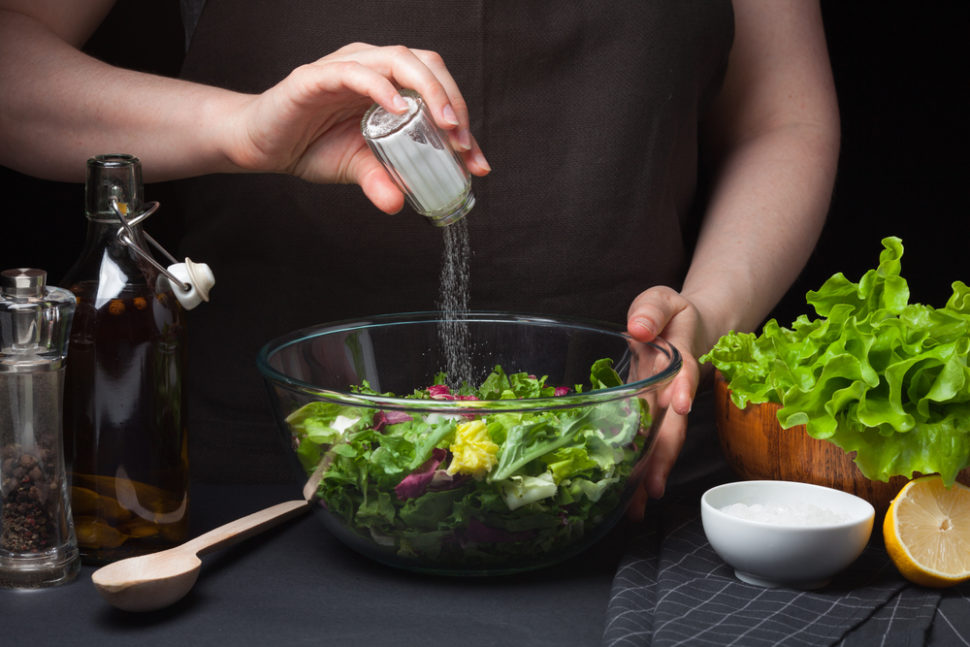Excessive salt intake can lead to weight gain. That was the take away from a recent study published in the Journal of Clinical Investigation.
Several past studies have linked excessive salt intake with high blood pressure. In fact, health professionals often recommend reducing salt intake to control blood pressure.
However, it seems that excess salt may be affecting our health in other ways.
The general belief is that salty foods make people drink more water. Well, it turns out that the reverse is the case.
According to the researchers at Vanderbilt University, salty foods actually reduce thirst and make people prone to overeating. As a result, it increases the chance of weight gain, and even metabolic syndromes, which leads to diabetes.
Packaged food with high salt content intakes includes frozen dinners, canned meals, salted nuts and seeds, processed cheese, among others.
Most people in the United States already eat 50 percent more salt than recommended on a daily basis. As such, it becomes crucial now more than ever to cut back salt intake.
But how?
Breaking Your Salt Intake Habits
The researchers recommended reading food labels before consuming them. That’s because, aside from deli meats, some canned and frozen food, including beans and vegetables, can have high salt levels.
Avoid foods that are generally not associated with being salty but contain sodium ingredients. Instead, consider no-salts-added brands.
However, if you can’t find such a brand, the researchers recommend rinsing the food under running water to remove as much salt as possible.
Also, when cooking or seasoning food, consider using other alternatives to table salt, onion salt, and garlic salt. It could be herbs and spices, granulated garlic and freeze-dried onions are also acceptable alternatives.
Finally, when eating out, ask the chef to limit the salt in your food. And if you’re ever in need of more seasoning, reach for the pepper, never the salt shaker.
It could take up to eight weeks to undo your salt intake habits. However, when you lose your taste for salt, you’ll find it a bit easier to identify when a portion of food has too much salt.



















Comments (0)
Most Recent